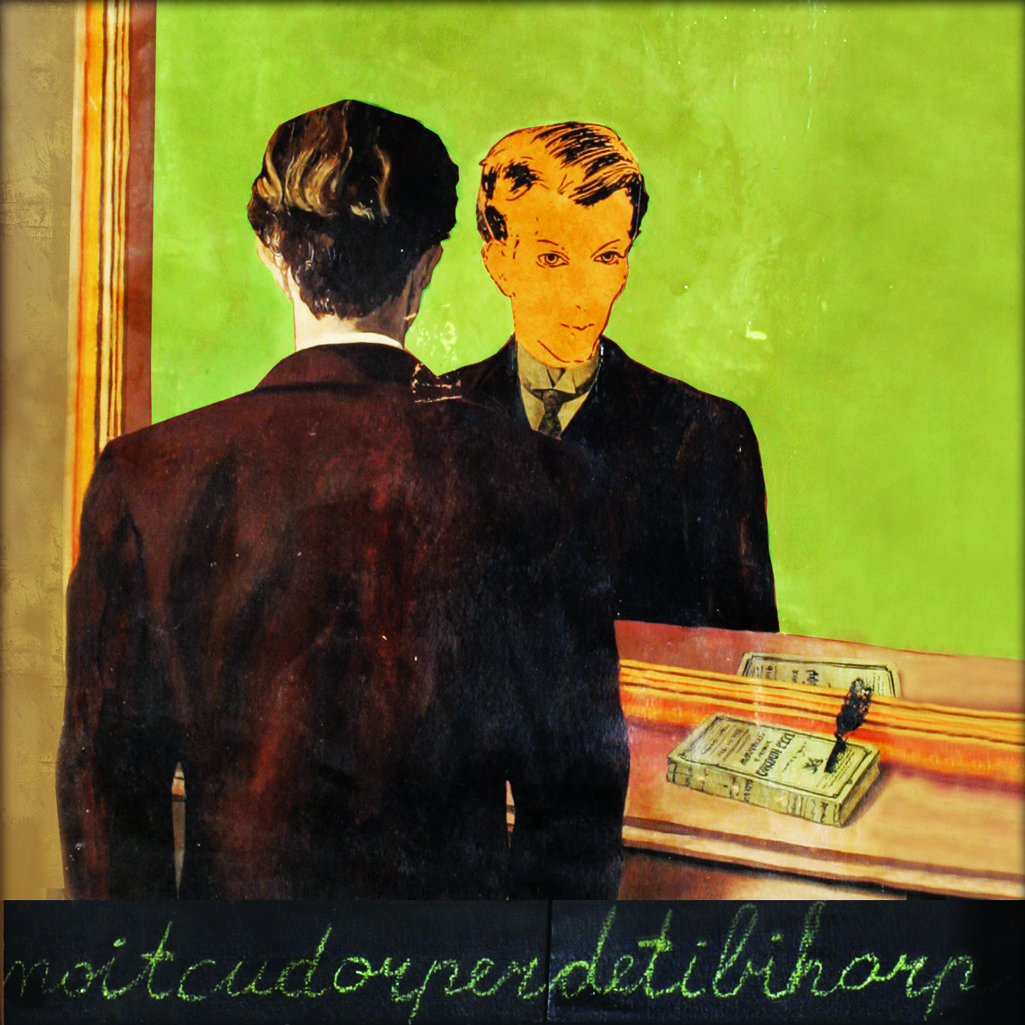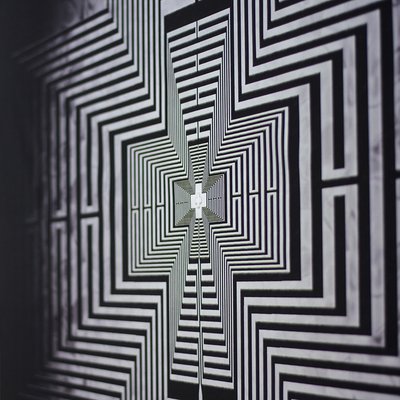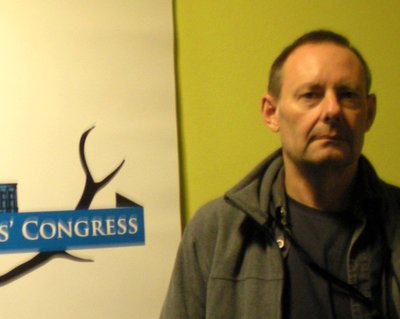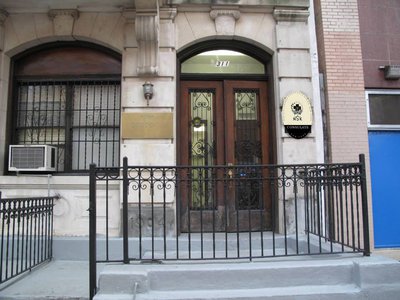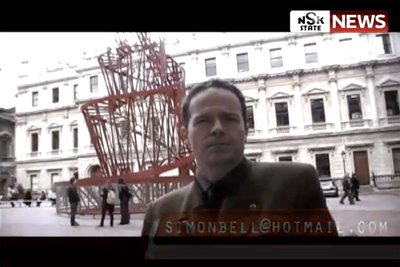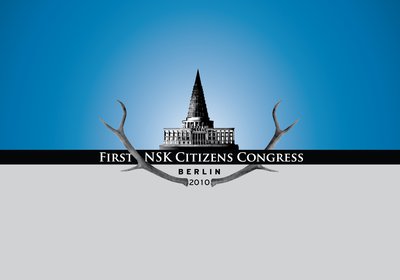Dear NSK citizens,
My name is Moritz Bühler and I’m studying geography in Mainz, Germany. I decided to write an exam about the NSK State in Time and its relationship towards other spaces and states. Especially the possibility of the NSK State to reflect, represent and invert conventional spaces is what I’m interested in.
I decided to analyze this topic with the help of theory established and developed by Michel Foucault: Heterotopias. In a short sentence: Heterotopias are places, which are connected to all other places by reflecting, representing or inverting them, and they have a special function that can change during the time. For me it looks like an interesting and possible perspective because of the transnational, immaterial or just temporal materialized characteristics as well as playing with these dystopian and totalitaristic structures.
Therefore I’m searching for interview partners to get the point of view of a citizen. The interviews will be via skype. If somebody is interested just send me an email: mbuehler@students.uni-mainz.de, I can also send you my thesis if you want. It’s not that I´m searching for experts, it will be a qualitative interview were we just talk about your experiences, impressions…
Best regards,
Moritz Bühler
The following text summarizes the ideas, questions, theoretical perspectives and the focus, the ongoing work is based on. The question, if the NSK Sate of Time can be interpreted as an transnstional heterotopia, is derived from the connection of the state it self and the concept of “heterotopia” (Foucault 1967: 3 f.) established by Michel Foucault in his essay “Of other Spaces” 1967. He describes heterotopias as places, which are connected to all other real places in a way of representing, reflecting or inverting. The connection between a heterotopia and real sites becomes possible because of shared discourses. These discourses are producing ethical values, connotations and power structures. That´s the reason why cultures or societies often have their own heterotopias. He describes heterotopias as “outside of all places, even though it may be possible to indicate their location in reality.” (Foucault 1967: 4). This points out, that it´s possible for a heterotopia to has own structural and functional rules. There are six typical characteristics of heterotopias developed by Foucault (Foucault 1967: 4 f.) :
1. Probably in every culture are heterotopias.
2. A heterotopia can have very different functions according to the culture or the development of a culture.
3. Different incompatible spaces, places can be located or combined in a heterotopic place.
4. Heterotopias have their own chronology.
5. A structure of opening and closing is typical for Heterotopias.
6. They have a function towards all the places heterotopias are connected to.
This theoretical basis will be the initial point of the investigation. Some examples why it might be useful to analyze the NSK State with this perspective are: It´s not located materialistically, but real; it reflects, represents and inverts spaces and discourses of the european history; transnationality and totalitarianism can be interpreted as a system or structure of opening and closing.
The term “transnational” was included to the question because if the NSK State is seen as an heterotopia the reference is the world. Even if the main focus is on the historical discourses of cultures and nations in Europe, the NSK State is a worldwide connected heterotopia, very differently interpreted and with other functions in different societies. An example of the different functions towards societies which are not located in Europe is the request for immigration from all over the world with the intention to enter Europe.
Because the theories are located in a poststructuralistic field it might be useful to analyze the topic besides literature, websites through qualitative interviews if necessary via skype. It might be important to to talk to citizen because on the one hand there isn´t a lot scientistic publications about NSK State on the other hand is it a state in dynamic progress which makes it a lot more important to talk to at least one or two citizen. The intentions to join the state and the point of view of someone who is involved might be very informative. The method to evaluate the results probably will be a content-analysis but the evaluation structure is flexible because of the possibility of other inputs the research and interviews could give.
